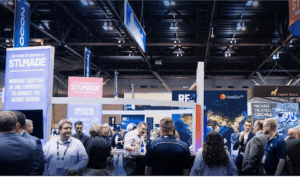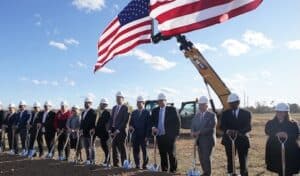If you’re considering building or expanding your business in the St. Louis region, both Missouri and Illinois offer various tax credits and other economic incentive programs to help lower operating costs. These include enterprise zones, workforce training programs, competitive tax credit programs, property tax abatements, and workforce training grants.
Illinois Incentives
The State of Illinois offers tax-based incentives to help your business create jobs and investment in Illinois.
Missouri Incentives
Every business is unique, and the State of Missouri will help identify the right mix of Missouri tax incentives tailored to fuel your growth.





